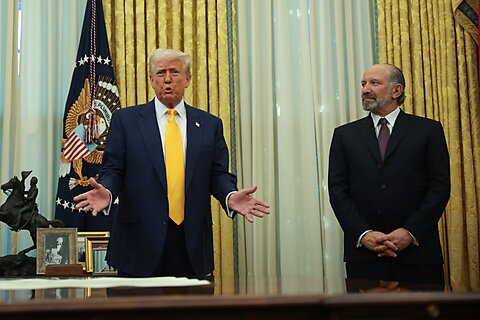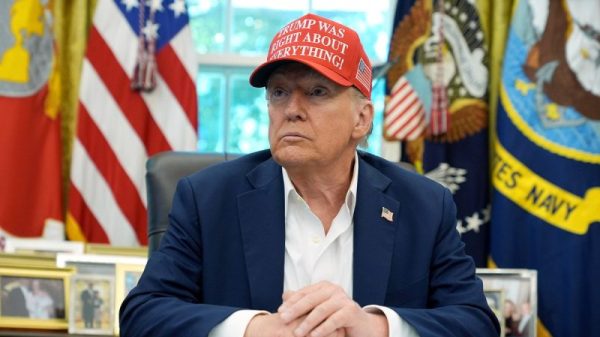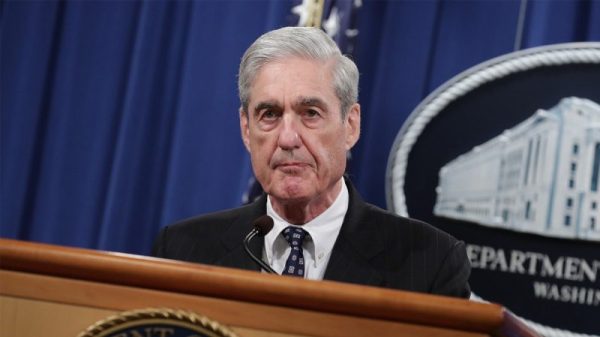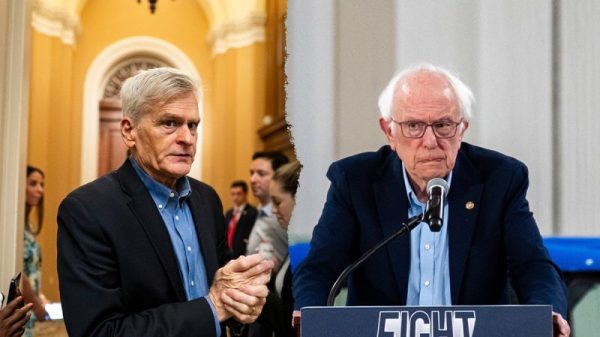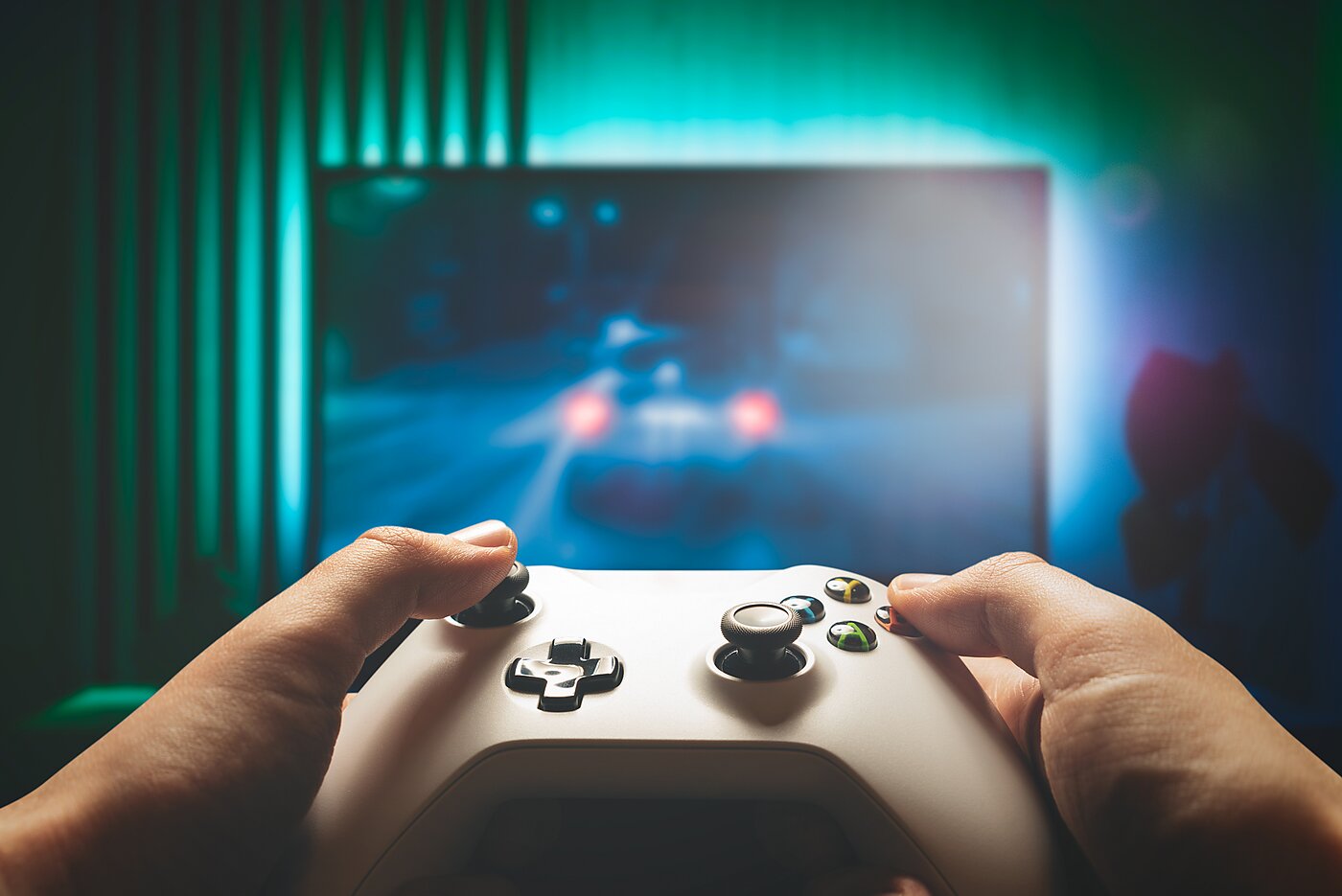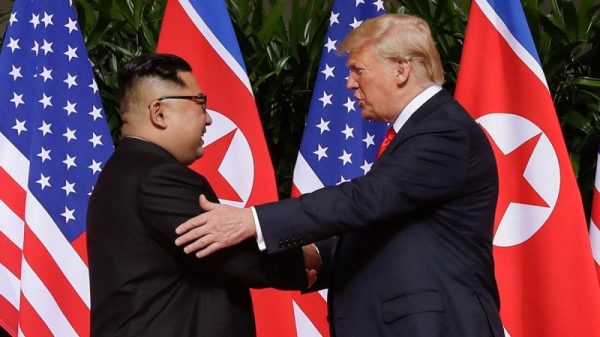In 2019, Chinese authorities restricted minors to 90 minutes of video games on weekdays and 3 hours on weekends, while also banning gaming between 10:00 p.m. and 8:00 a.m. Authorities further tightened regulations in 2021, permitting play only from 8:00 p.m. to 9:00 p.m. on Fridays, Saturdays, and Sundays. While these policies might be well-intentioned (seeking to reduce addiction and improve public health) and have received widespread parental support, their practical impact tells a different story.
The public health effects of the regulations remain unclear. Although official sources claimed reductions in addiction, improved sleep, and less myopia, independent evidence is lacking. This study found no causal link between playtime regulations and improved health outcomes, as well as a 14 percent higher chance for gamers to play heavily during any given week. Additionally, minors circumvented the regulations: a survey revealed that 77 percent of minors used other people’s identities, such as that of a parent or older friend, when registering for game accounts. Others switched to alternative digital platforms. Notably, 59 percent of teen gamers simply turned to Douyin (China’s version of TikTok), which only regulated users under 14 as compared to the under-18 limits for video games.
The economic consequences of these policies have also been severe. China’s gaming market, the largest in the world, relies mainly on two firms: Tencent (~50 percent market share) and NetEase (~17 percent market share). Following regulation modifications in 2021, Tencent’s stock dropped by over 8 percent while NetEase’s stock dropped by ~11 percent. The mere proposal of further regulations in December 2023 tanked Tencent’s stock by 12.3 percent and erased ~$100 billion from the Chinese gaming market. Economic damages also spilled over globally, with companies like Prosus and Ubisoft experiencing stock declines.
Finally, and predictably, a black market for game accounts formed. Sellers offered unregulated accounts to minors, often at inflated prices. One documented case from December 2021 reported that scammers tricked nearly 3,000 minors out of more than ¥86,000 (about $18,500 at the time).
In summary, the strict gaming regulations that the Chinese government imposed largely failed to achieve their intended goals. Little evidence shows that public health improved, and the regulations caused significant economic damage to both game developers and gamers. More broadly, these policies illustrate recurring features of consumption regulations: they restrict individual choice, typically prove ineffective, and when excessively strict, encourage evasion and black markets, with the standard unintended consequences.
Cross-posted from Substack. Eric Jin, a student at Southridge School, co-wrote this post.


